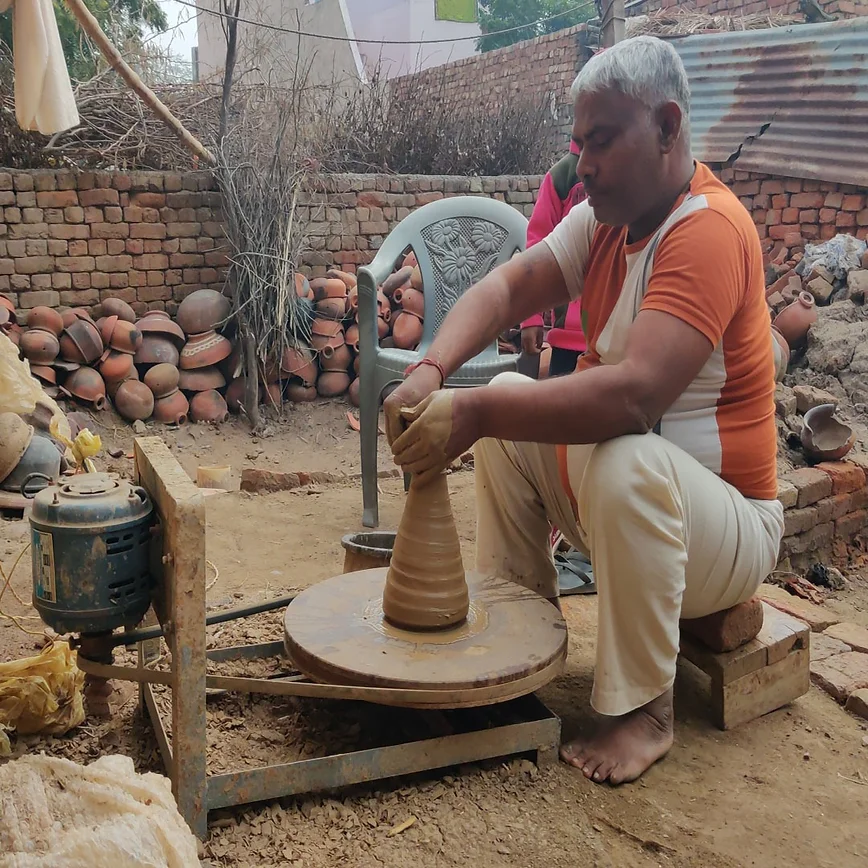Home
About Us
Page 2
The types of research instruments that can be purchased under this program are nuclear magnetic resonance systems, electron and confocal microscopes, mass spectrometers, protein and DNA sequencers, biosensors, x-ray diffractometers and cell sorters.
|
|
The minimum cost of the instruments will be $100,000 each, and the maximum amount that will be granted per application will be $600,000.
The institutions and organizations that will be eligible to submit an application under the Shared Instrumentation Grant Program are the following:
a) Public/State Controlled Institutions of Higher Education
b) Private Institutions of Higher Education
c) Hispanic-serving Institutions
d) Historically Black Colleges and Universities (HBCUs)
e) Tribally Controlled Colleges and Universities (TCCUs)
f) Alaska Native and Native Hawaiian Serving Institutions
g) Nonprofit Organizations Other Than Institutions of Higher Education
The Department of Health and Human Services, the mother agency that is funding the Shared Instrumentation Grant Program, is the nation's principal agency that is largely responsible for protecting the health of all Americans and ensuring the provision of fundamental health and human services to all people needing such services.
Shared Instrumentation Grant Program
Back to Page 1
About The Author Iola Bonggay is an editor of TopGovernmentGrants.com one the the most comprehensive Websites offering information on government grants and federal government programs. She also maintains Websites providing resources on environmental grants and grants for youth programs. |
Additional Resources
category - Health Grants
Health Care Innovation Challenge
Lifespan Respite Care Program - Technical Assistance Resource Center
Clinical Trials for Organ Transplantation in Children Program
Effect of Physicochemical Properties of Ophthalmic Formulations on Ocular Bioavailability Program
Follow @topgovtgrant
Social Entrepreneurship
Spotlight
Reviving Ancient Indian Art Forms – Empowering Artisans Towards Entrepreneurship

Rivaayat is an initiative by Shri Ram College of Commerce, Delhi to revive various dying art form and solve innumerable problems faced by the artisans. Rivaayat began with reviving a 20,000-year-old art form of pottery that is a means of survival for 600 families residing in Uttam Nagar, Delhi.
